Inflation Expectations Hit 50 Year Low in February
The Fed’s pivot led to an increase in plans to buy big-ticket items but also triggered worries about the health of the economy.

The Fed’s pivot led to an increase in plans to buy big-ticket items but also triggered worries about the health of the economy.

U.S. consumer sentiment snapped back in February from a two-year low hit last month, indicating that the weak December retail sales reported this week were a temporary slump.

No big bounce from the end of the shutdown.
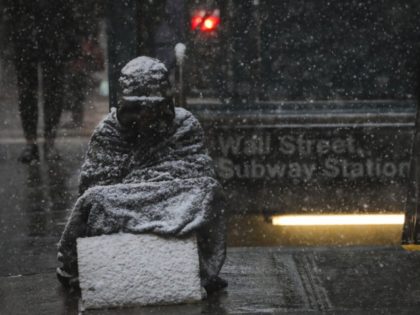
Stock market sell-off, government shutdown, and concerns about future growth pulled consumer sentiment down to lowest level of Trump presidency.

Consumer sentiment rose in December to a level so high for 2018 only two other periods have beat it in the past fifty-eight years, according to the University of Michigan.

Consumers head into the holidays feeling very good about the economy but a bit worried about what the future holds.
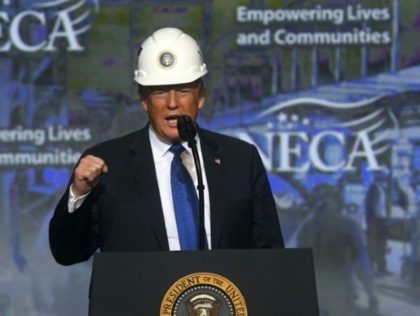
Macy’s, often considered a bellwether for the U.S. retail sector, says Black Friday has been a strong opening to holiday shopping season.
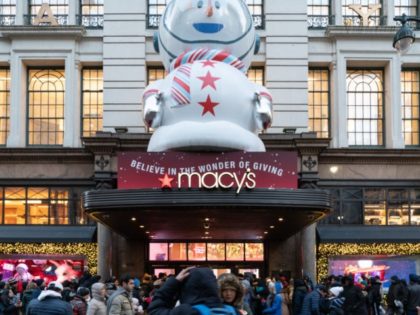
Among those with incomes in the bottom third, the sentiment Index rose by 10.4 points and fell by 6.6 points among those in the top third of the income distribution.
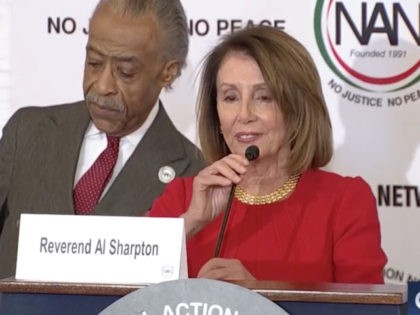
Expectations for income growth are at their highest level in a decade.
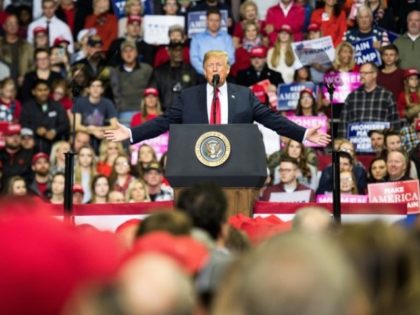
Consumer sentiment slipped a bit in early October but remains above its average for the year.

Consumer sentiment for Americans at the bottom third of incomes rose to the highest level since 2000.

Welcome to the Trump boom.

Although wealthier consumers appear to be deeply concerned over tariffs, the overall expectations index improved in early July, rising to 86.4 from 86.3, according to the survey.

Consumers had more favorable views of their current financial situation and of current buying conditions for household durables, that bodes well for the economy and sales.

Economists had expected a slight decline in consumer sentiment for May. But optimism about the future kept the index at the high level recorded in April.

Consumer sentiment hit its highest level since 2004, thanks entirely to improvements among households in the bottom third of incomes.
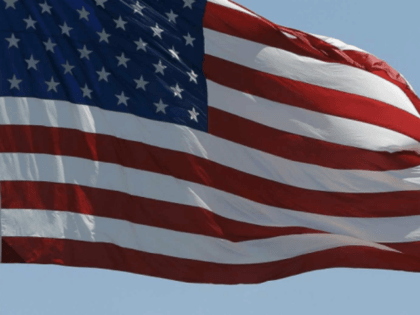
Consumer sentiment came in better than expected.

The consumer sentiment survey for January shows Americans are optimistic about the economy but think buying conditions aren’t great.
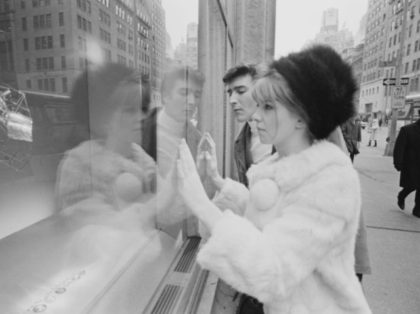
Even though the tax debate hurt sentiment a bit in December, this year was the best for consumer sentiment since 2000.

Much of the public falsely believes that Republican tax reforms will raise their taxes. That is pushing down consumer expectations.
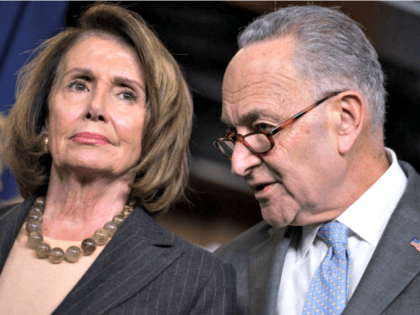
Optimism of Republicans and Independents remains surprisingly resistant to media and political warfare against Donald Trump.

All across the political spectrum, consumers sentiment declined. But the decline was more pronounced among Republicans.

Consumer sentiment rose to 97.7 in mid-May, the University of Michigan said on Friday.
